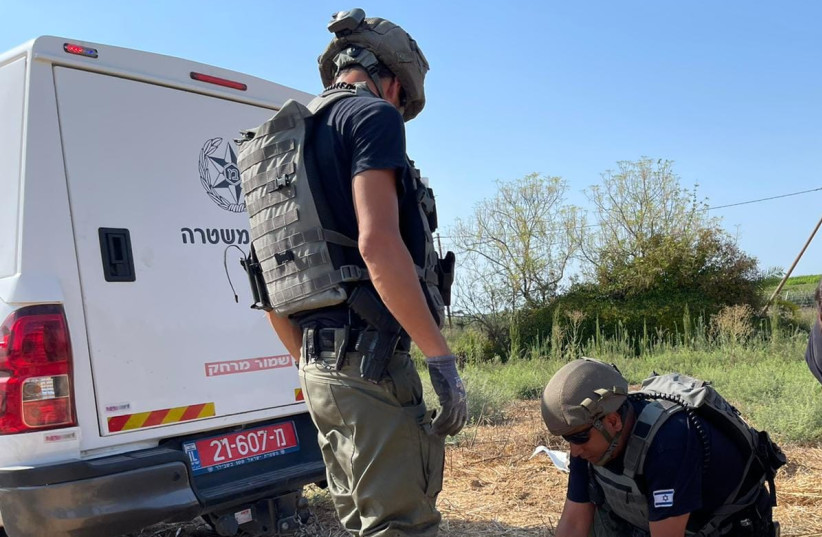More innocent people in Gaza were killed by failed Islamic Jihad rockets than by Israeli airstrikes during Operation Breaking Dawn, according to a briefing by the commander of the IDF Spokesperson’s Unit Brig.-Gen. Ran Kochav.
Operation Breaking Dawn lasted for 66 hours in which the IDF struck 170 targets, killing several high-ranking Islamic Jihad operatives and destroying much of the terrorist organization’s military capabilities, terrorist attack tunnels and weapon storage facilities. For its final action on Sunday night, the IDF destroyed three warehouses storing a variety of weapons.
According to the briefing, Sunday night was quiet after the ceasefire came into effect at 11:30 p.m. except for a few rockets fired by the Palestinian Islamic Jihad eight minutes later.
Israelis return to routine
Following the ceasefire, the Home Front Command announced that it would be gradually lifting the security restrictions posed on Israelis living close to Gaza as Israel returns to normal.

In the first stage, the roads in the Gaza envelope were all opened, and the trains to Sderot and Ashkelon were scheduled to run from noon.
The Home Front said that it would look into lifting further restrictions throughout the day while closely monitoring the situation.
The checkpoints between Gaza and Israel were scheduled to open at 9 a.m. for humanitarian purposes only, and the IDF said that more people would be allowed through if the situation remained quiet.
Throughout the operation, the Islamic Jihad fired approximately 1,100 rockets, 200 of which landed in Gaza. Of the 990 rockets that crossed the border, 380 were intercepted by the Iron Dome at a 95% success rate. The other 610 landed in the sea and in open spaces.
Apart from a few people who were lightly injured from debris on Saturday, no Israeli casualties were reported. The Palestinians, however, reported a total of 35 deaths of whom 26 were innocent bystanders. Of the 26, 11 were killed in Israeli airstrikes, and 15 were killed by Islamic Jihad rockets that failed to clear Gaza.
According to the briefing, no civilian infrastructure in Gaza was harmed in the operation by Israeli forces.
Operation Breaking Dawn
Operation Breaking Dawn began on Friday afternoon after the IDF killed top Islamic Jihad operative Tayseer al-Jabri.
Prime Minister Yair Lapid and Defense Minister Benny Gantz later revealed that the strike on al-Jabri launched the operation because the Islamic Jihad was planning a large terrorist attack in Israel.
Following the airstrikes that killed al-Jabri and destroyed Islamic Jihad infrastructure, the terrorist organization began launching rockets at Israel at 9 p.m. on Friday.
Islamic Jihad rocket fire and IDF airstrikes continued throughout Saturday and Sunday, and a ceasefire came into effect on Sunday night.
